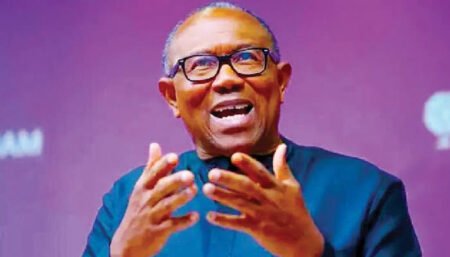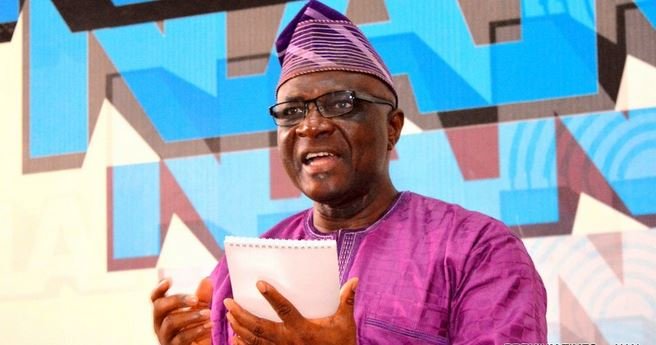China on Monday issued a stern warning to countries considering new economic agreements with the United States, cautioning against doing so at Beijing’s expense as tensions deepen in the ongoing Sino-U.S. trade war.
In a statement, China’s Commerce Ministry accused the United States of weaponizing tariffs and undermining fair trade practices.
“Beijing will firmly oppose any party striking a deal at China’s expense and will take countermeasures in a resolute and reciprocal manner,” the ministry said.
The warning follows a Bloomberg report suggesting that the Trump administration is preparing to pressure countries seeking tariff reductions or exemptions from the U.S. to curb trade with China. The reported strategy may include monetary penalties for nations that fail to comply.
On April 2, President Donald Trump announced sweeping new tariffs targeting dozens of countries. While some nations were granted a pause, China faced the harshest measures, with tariff rates on its exports rising to 145%. In response, Beijing imposed retaliatory tariffs of 125% on U.S. goods, though it signaled last week it would not raise them further for now.
“The United States has abused tariffs on all trading partners under the banner of so-called ‘equivalence’, while also forcing all parties to start so-called ‘reciprocal tariffs’ negotiations with them,” a ministry spokesperson said.
Despite the rising tensions, China’s Commerce Ministry stressed that it remains committed to defending its economic interests. “China is determined and capable of safeguarding its own rights and interests, and is willing to strengthen solidarity with all parties,” it stated.
Commenting on the geopolitical tug-of-war, Bo Zhengyuan, a partner at China-based consultancy Plenum, said: “The fact is, nobody wants to pick a side. If countries have high reliance on China in terms of investment, industrial infrastructure, technology know-how and consumption, I don’t think they’ll be buying into U.S. demands. Many Southeast Asian countries belong to this category.”
Beijing plans to convene an informal United Nations Security Council meeting this week to spotlight what it calls Washington’s “bullying” and to accuse the U.S. of casting “a shadow over the global efforts for peace and development” by turning tariffs into a tool of coercion.
Meanwhile, U.S. Trade Representative Jamieson Greer recently disclosed that nearly 50 countries have approached Washington to discuss the impact of the new tariffs. Several bilateral negotiations are underway. Japan is reportedly considering increasing soybean and rice imports from the U.S., while Indonesia may scale up its purchases of American food and commodities while reducing orders from other countries.
Trump’s hardline tariff stance has caused jitters across global markets, raising concerns about a potential slowdown in international trade. Despite the rhetoric, Chinese stocks posted marginal gains on Monday, though investor sentiment remains cautious.
In a broader move to challenge China’s technological and industrial ascent, the U.S. has also imposed port fees on China-built vessels and tightened export curbs on AI chips. Nvidia recently revealed it would incur a $5.5 billion loss due to the administration’s restrictions on chip exports.
In response, Chinese President Xi Jinping embarked on a diplomatic tour across Southeast Asia last week to rally support for open trade. He emphasized unity and resistance to unilateralism, urging partners to reject coercive trade tactics.
“We are tearing down walls and expanding our circle of trading partners,” Xi declared, emphasizing China’s resolve to deepen regional ties.
Southeast Asian nations face a particularly delicate balancing act. ASEAN remains China’s largest trading partner, with bilateral trade hitting $234 billion in Q1 2025—16% of China’s total foreign trade. Meanwhile, ASEAN’s trade with the U.S. was worth approximately $476.8 billion in 2024, making Washington its fourth-largest trade partner.
“There are no winners in trade wars and tariff wars,” Xi wrote in an article published in Vietnamese media, carefully avoiding direct mention of the United States.











